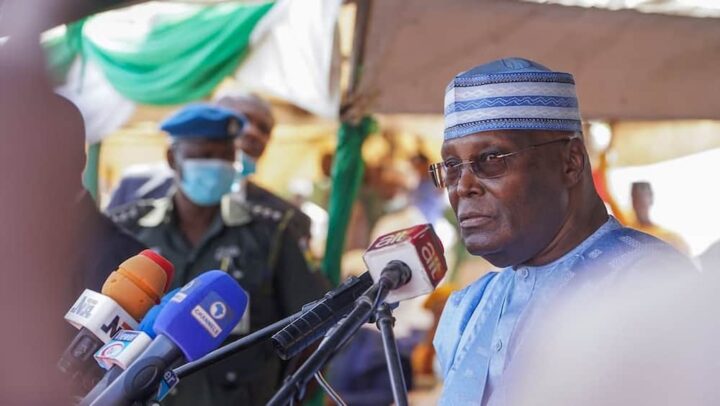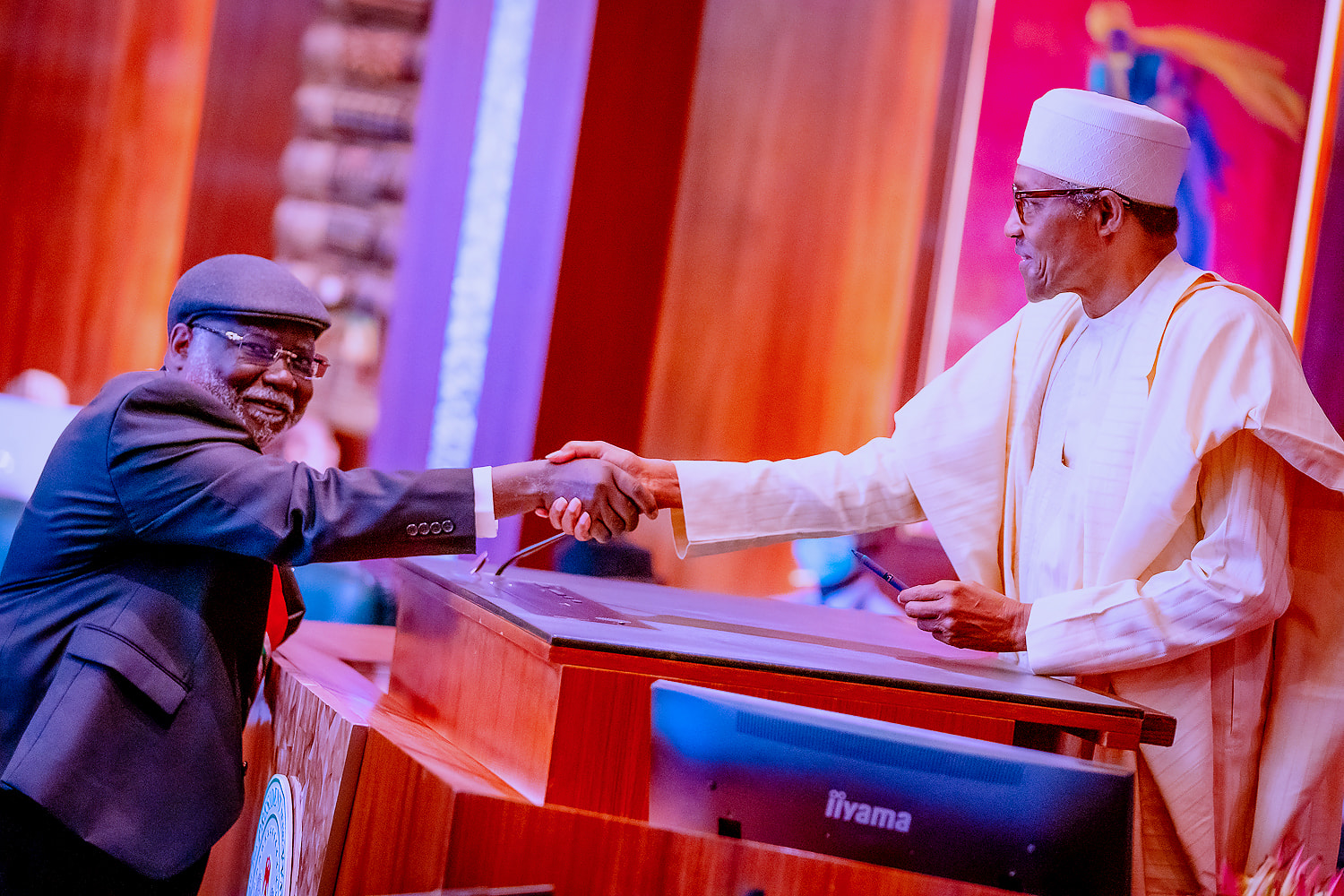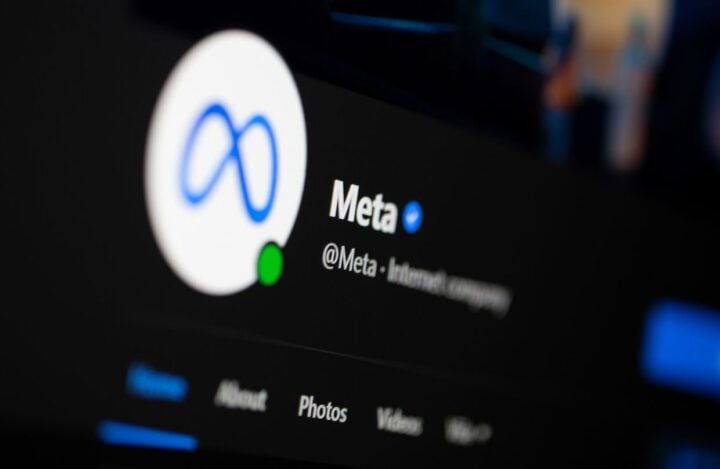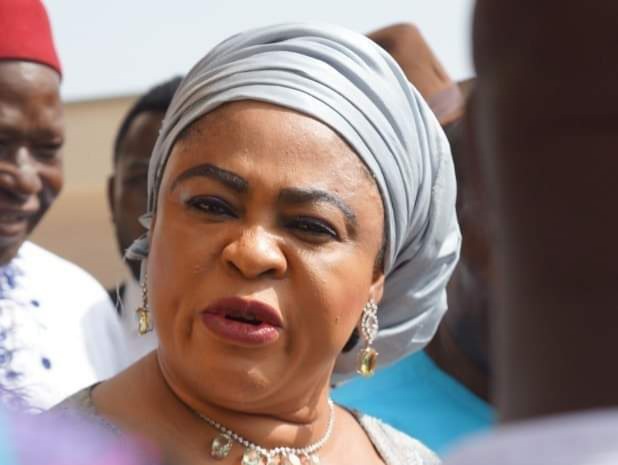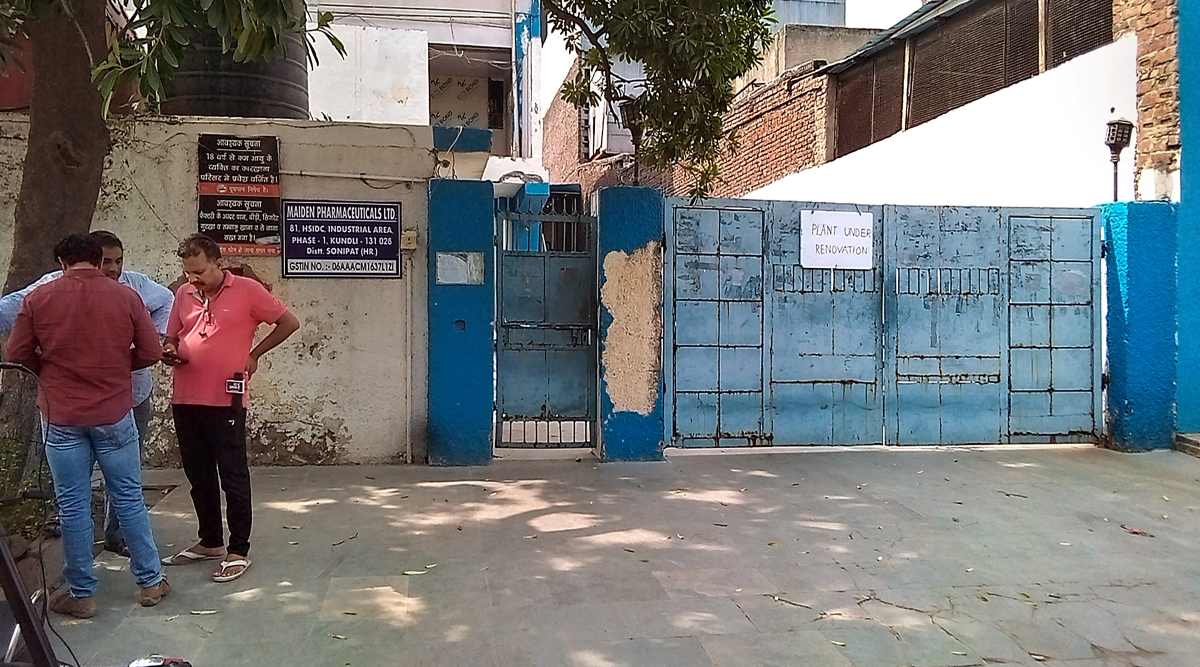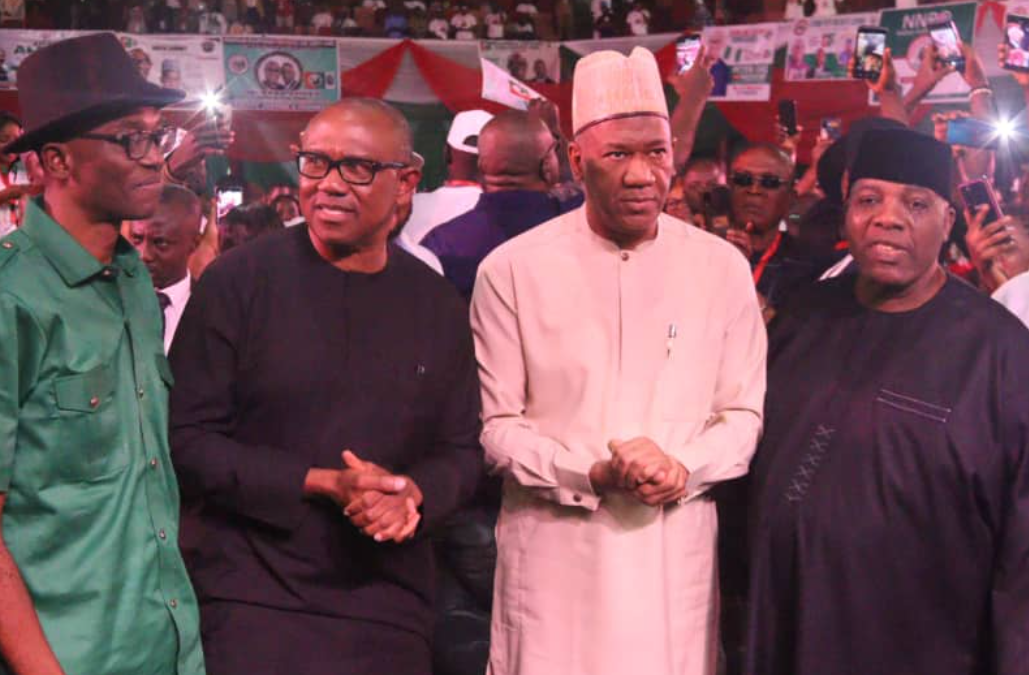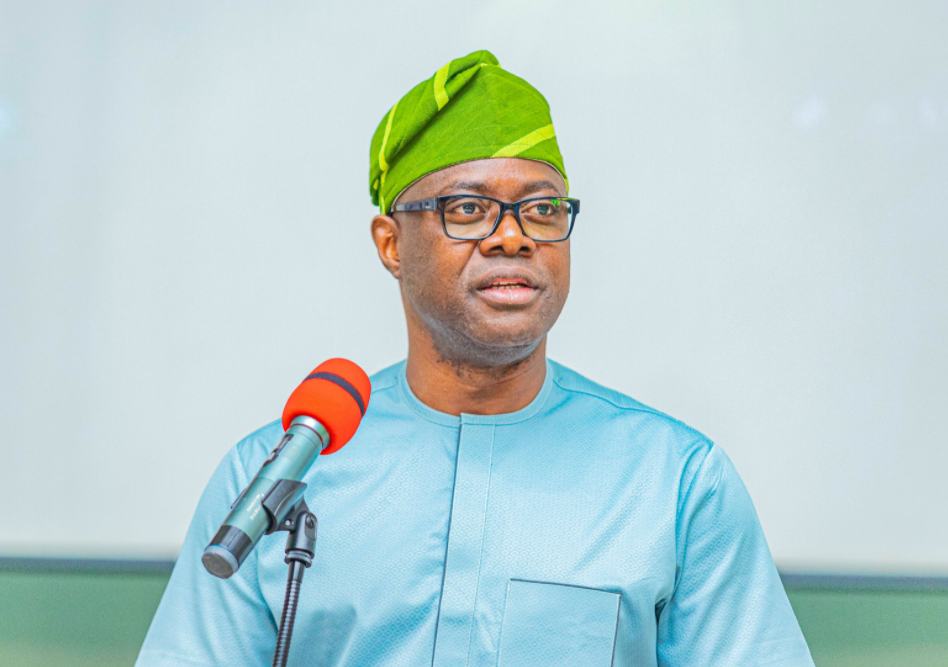Atiku Abubakar, presidential candidate of the Peoples Democratic Party (PDP), plans to give more autonomy to states and local governments if elected president in 2023.
According to the Atiku policy document seen by TheCable, the former vice-president says he will promote a “true federal system” which will guarantee national unity and allow the federating units to set their own priorities.
The 75-year-old politician said the three tiers of government will function more effectively when powers are devolved to the component units.
“Nigeria has continued to operate a faulty, complex federal structure with a high degree of centralization at the centre. The Federal Government has succeeded in accumulating many responsibilities which belong to the other [weaker] levels of government. The Federal government appropriates, along with these responsibilities, huge resources to the detriment of the states and local governments,” the policy document reads.
Advertisement
“We must adopt a new economic management model that will cure all the federating units of this addiction to oil revenues. For us to get Nigeria working again, we must RESTRUCTURE Nigeria. Through constitutional means, we must establish a new political structure that reinforces the concept of ‘true federalism’ by conceding unfettered autonomy to the subordinating units. “
RAISE GDP BY $900BN IN FOUR YEARS
The former vice-president says he will raise the nation’s gross domestic product (GDP) from the current $432.3 billion to $900 billion by 2027.
Advertisement
Abubakar also plans to move the economy from being dependent on oil to agriculture, manufacturing and micro, small and medium enterprises (MSMEs).
“Our vision is to transform Nigeria into a modern economy that works for its people and is capable of taking its rightful place among the top 15 economies of the world,” Abubakar said.
“Our policy priority is to build a broad-based, dynamic and competitive economy with a GDP of approximately US$900 billion by 2027.
“#AtikuOkowa envisions a new Nigeria without crude oil in which Agriculture, Manufacturing and MSMEs shall be the growth drivers. AtikuOkowa’s economic agenda will seek to alter the current trajectory of the Nigerian economy and Build a competitive, and resilient economy to remain the largest in Africa and 15 largest globally with a GDP per capita raised from the current levels of approximately US$2,000 to US$5,000 by 2030. Our goal is to double our infrastructure stock to approximately 70% of GDP by 2030.”
Advertisement
INCREASE POWER GENERATION BY 25,000MW
According to the document, Abubakar seeks to raise Nigeria’s electricity generation to 25,000MW, while also planning to increase oil refining capacity to two million barrels daily by 2027.
“AtikuOkowa’s economic agenda is centred on 3 principles: Private Sector Leadership, Leveraging The Market In Price Setting, Break Govt Monopoly In KEY Sectors,” the document reads.
“We will support the private sector to provide critical leadership and drive growth and in return, it provides funds, create jobs and wealth and lifts the poor from poverty.
Advertisement
“Our electricity target is put at 25,000MW, generated capacity mix of non-renewable energy and other thermal fuels including natural gas. Power sector reform will be a critical policy priority. A few years into my govt, Nigeria shall make giant strides in diversifying its sources of power and delivering up to 20,000 MW of electricity.
“Our oil refining infrastructure shall be prioritized investment to double refining capacity to two million barrels per day by 2027.”
Advertisement
Abubakar said he will fix insecurity which has been fuelled by agitations resulting from feelings of marginalisation and neglect.
“Nigeria’s unity has never been this threatened. Today, an increasing number of Nigerians openly challenge their allegiance to Nigeria’s corporate existence through violent agitations and misguided demands for ethno-regional autonomy because of widespread feelings of marginalization and neglect,” he said.
Advertisement
“The level of insecurity in the country has reached a point where the functions of the state have been usurped by separatists, bandits, insurgents and terrorists.”
Advertisement
Add a comment
